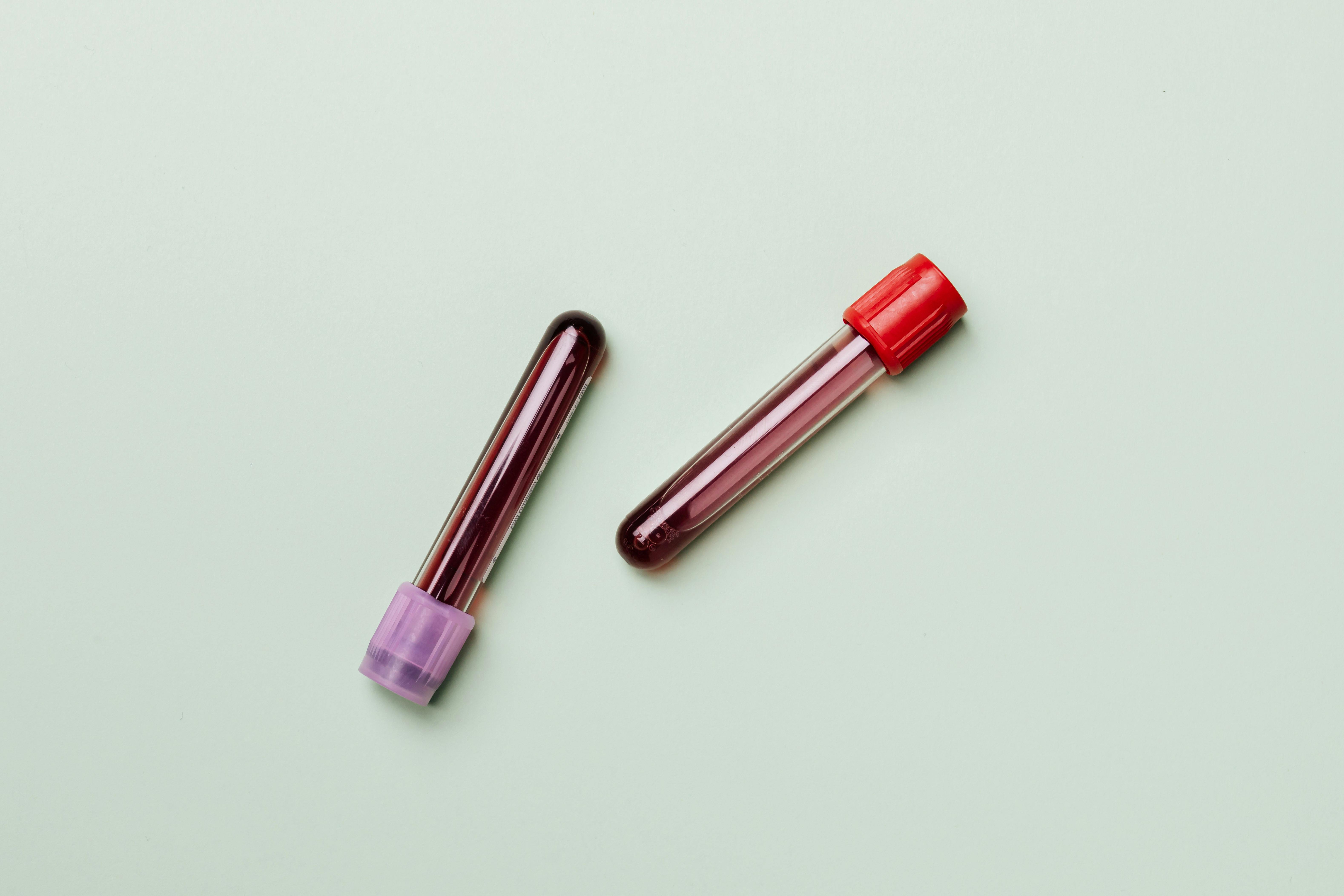SEPSIDOT™ - A Biosensor For Blood Diagnosing(Bedside Point-of-care Biosensor Kit for Sepsis and Bacterial Infection Rapid Detection)

Bacterial sepsis is the number 1 cause of death in Malaysia, with a prevalence of 35% annually and a mortality rate of 16% (1 in 5 sepsis patients). Bacterial sepsis is a curable disease with rapid (within 1 hour) antibiotic treatment; however, current diagnosis of bacterial sepsis can only be made in hospitals via time-consuming sophisticated lab investigations (24 to 48 hours duration) worldwide. Currently, bacterial sepsis is detected via bacterial cultures or the ELISA method which measures antibodies produced towards the pathogen. However, these methods require more than 24 hours to produce results. Furthermore, hospital-based investigations are only available for patients who are admitted to the hospital. Doctors need good diagnostic tools to identify patients having bacterial sepsis for prompt (within 1 hour) antibiotic initiation to reduce mortality(death) rates for bacterial sepsis.
The biosensor will interface with its miniature electronic reader to give a reading for diagnosis of bacterial sepsis in any situation (at home, at nursing home, at clinics, at school, travelling to Haj, in flight, in hospital, at disaster zone, and warzone) with only with 1 drop of blood from fingertip of patient. The result of can be obtain with 10min and decision can be made either patient need antibiotic and hospitalization or not.
This project introduces a quick and easy test kit to detect bacterial sepsis using just one drop of blood from the fingertip. It gives results in 10 minutes, helping doctors quickly decide if a patient needs antibiotics or hospital care. Unlike current tests that take 24–48 hours and are only done in hospitals, this kit can be used anywhere, at home, in clinics, during travel, or in emergencies. It works with a small electronic reader and is simple to use. This is the first portable tool that helps detect sepsis early, making fast treatment possible and saving lives, especially in remote or low-resource areas.


